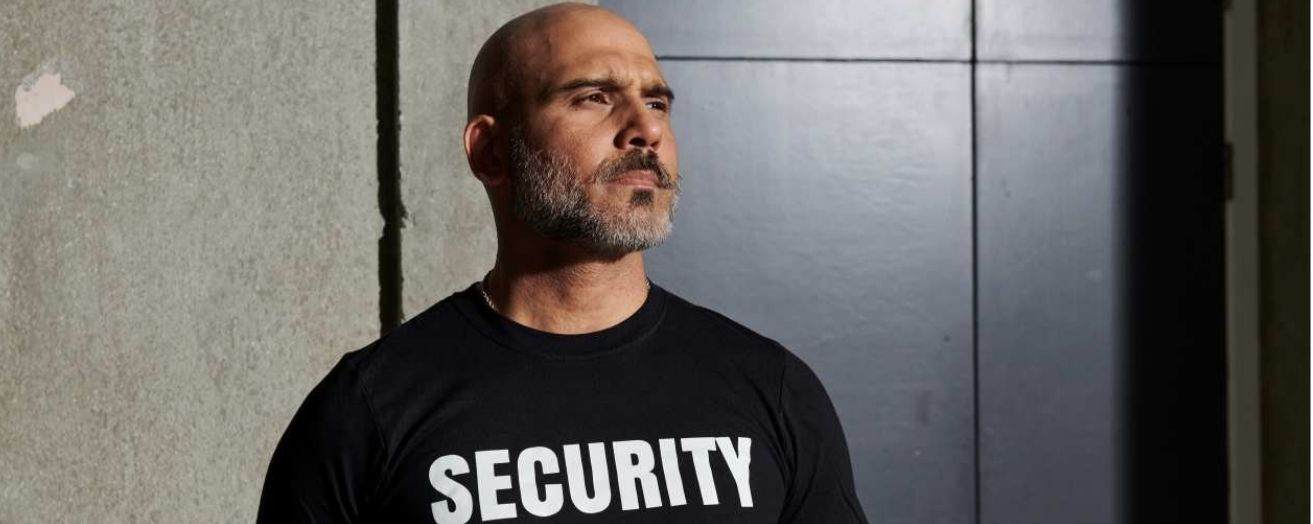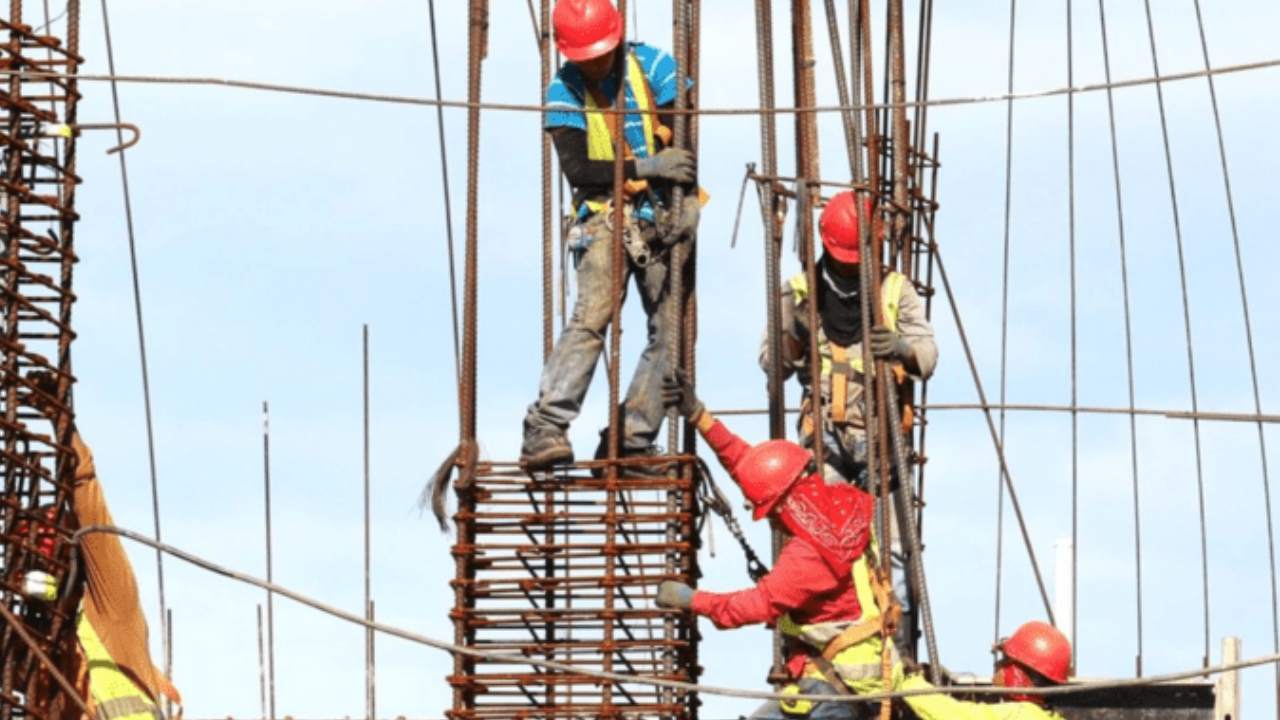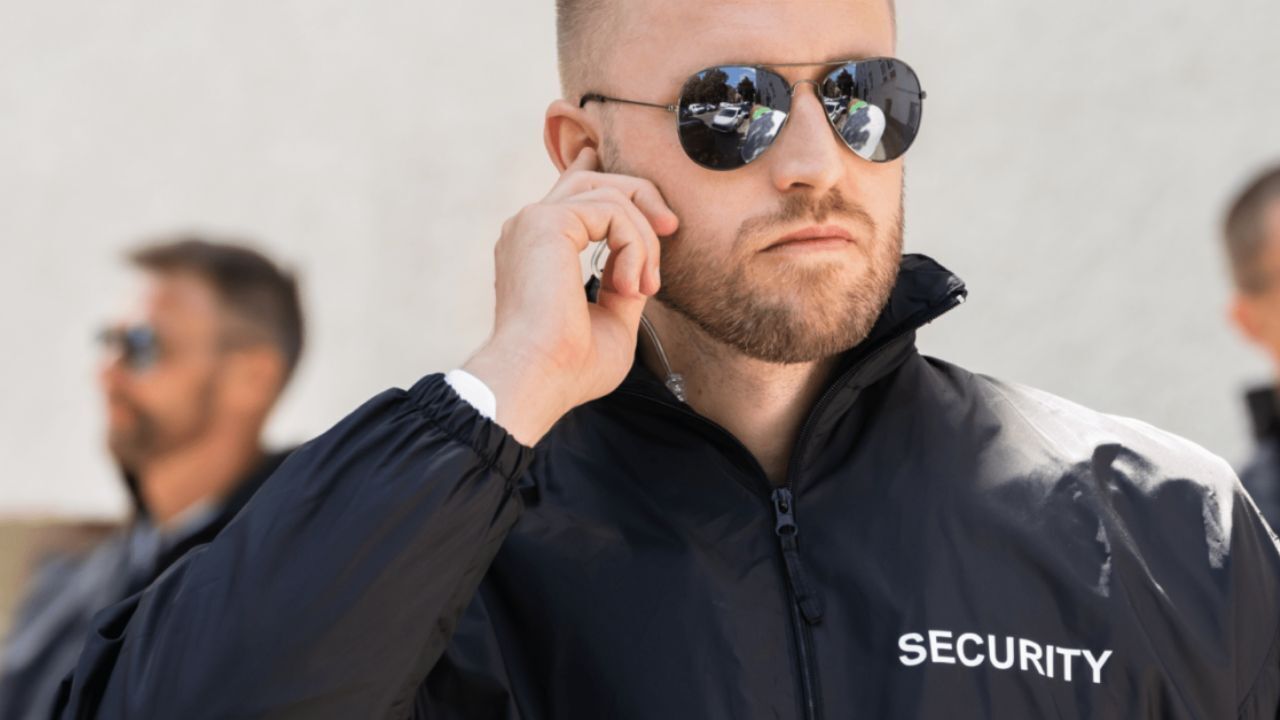Working as a Close Protection Officer (CPO) isn’t just a job—it’s a career that places you among the most elite professionals in the UK security industry. Whether you’re protecting celebrities, high-net-worth individuals, or diplomats, the role comes with serious responsibility, high expectations, and major rewards.
Demand for skilled CPOs continues to rise across the UK and beyond. But before you step into this high-stakes role, you’ll need to complete specialist close protection training. This blog will walk you through what to expect from the course, what it takes to succeed, and how to prepare like a pro.
Close Protection Training Prep Checklist:
First things first: before you book your course, make sure you’re ready with the basics.
- Minimum fitness standards: You should be able to jog for two miles comfortably and perform basic strength movements.
- Required documents: Bring valid photo ID, proof of address, and medical clearance (if requested by the training provider).
- Pre-course study: Read up on UK security legislation, risk assessments, and emergency protocols to get ahead before day one.
- Mental preparation: Practice decision-making under pressure and explore stress-reduction techniques like mindfulness—this course will challenge your composure as much as your body.
Key Takeaways from Close Protection Training
So, what do you actually learn during close protection training? A lot more than just how to walk in formation.
You’ll dive into real-world skills like surveillance, tactical awareness, and protecting clients on foot, in vehicles, and in public. From learning how to de-escalate high-risk situations to planning secure routes, you’ll gain the tools you need to keep people safe, even under pressure.
The training is tailored for individuals preparing to work in roles such as VIP bodyguards, celebrity security escorts, diplomatic protection teams, and event security specialists. Think music festivals, private estates, corporate events, red carpets, and even foreign deployments.
But be prepared—it’s physically and mentally demanding. You’ll be challenged to operate with precision, confidence, and sound judgment at all times. If you enjoy high-pressure environments and problem-solving on the fly, this might just be the perfect role for you.
What Is Close Protection Training?
If you want to work legally as a CPO in the UK, you must complete the Level 3 Certificate for Working as a Close Protection Operative in the Private Security Industry.
This course is fully regulated and accredited by the Security Industry Authority (SIA). It’s designed for anyone serious about moving into executive protection, whether you come from a military background, law enforcement, or civilian security.
Once completed, you’ll be eligible to apply for your SIA close protection licence—your golden ticket to working as a bodyguard in the UK. The SIA licence is recognised nationwide and can also boost your employability overseas.
Key Modules Covered
Throughout the course, you’ll cover everything from operational planning to vehicle drills. You’ll learn how to conduct detailed threat assessments, respond to emergencies, and escort clients through crowded or high-risk areas.
Other modules include reconnaissance and planning, route selection, radio communications, search procedures, and team dynamics. These are not just theory-based—they’re brought to life through practical, scenario-based exercises.
You’ll also train in evasive and defensive driving (especially valuable if you’ll be chauffeuring clients), foot formations, and close-quarter protection strategies. Physical intervention and conflict resolution are key parts of the syllabus, too, because staying calm under pressure is just as important as your physical presence.
Course Format and Duration
The close protection training course typically runs for 16 to 19 days and is delivered in person. There’s no way to do this online—the role is too practical and mission-critical.
You’ll take part in everything from planning simulated security details to navigating routes through urban environments with your team. Assessments include both written tests and performance evaluations during live roleplay scenarios.
Expect full days, early starts, and a fast-paced environment. Your instructors will likely be former military or law enforcement personnel, bringing decades of experience into the classroom and training field.
If you’re unsure whether this training is right for you, check out our guide on how to choose the right SIA course to learn more.

How to Prepare for Close Protection Training
Let’s be real—this isn’t your average classroom course. Close protection training is demanding and immersive. But with the right preparation, you’ll be ready to hit the ground running.
Start with your fitness. You don’t need to be a triathlete, but stamina and strength matter. You’ll spend hours on your feet, carry gear, run short distances, and potentially restrain individuals. Build endurance with regular cardio and strength training before your course begins.
Mindset is just as important. Close protection professionals need to be calm, calculated, and composed. You’ll be placed in simulated high-pressure situations, where your ability to make decisions quickly and think ahead will be tested. Consider practising mindfulness or decision-making drills to sharpen your mental game.
Also, prepare your paperwork well in advance. You’ll need:
- Valid ID (passport or full UK driving licence)
- Two proofs of address dated within three months
- Emergency First Aid at Work (EFAW) certificate if not bundled in the course
- Medical clearance (some providers request this)
If you’re concerned about eligibility or past convictions, our blog on what can prevent you from getting a security SIA licence explains everything you need to know about the SIA’s vetting process. Also, check out this resource on the different types of close protection officer jobs.
FAQs on Close Protection Training
How much does close protection training cost?
Most courses range from £1,500 to £2,500, depending on the training provider, location, and whether accommodation is included. While it’s a significant investment, the earning potential in close protection roles is strong, especially for experienced operatives.
Where can I train?
You can book your course in major cities like London, Manchester, Birmingham, and more. Find the closest available SIA training centre and course dates on our website.
What should I bring with me?
Bring your ID, address documents, any relevant medical letters, and practical clothing—trainers, tracksuit bottoms, or tactical gear, depending on provider guidelines. You’ll be on your feet a lot, so comfort matters.
Is the close protection training difficult?
It’s challenging, but not impossible. The key is preparation. Learners who stay active, listen to feedback, and engage fully with team exercises tend to succeed.
Can I fail the course?
Yes. You’ll need to meet standards across theory and practical exams. But don’t worry; Get Licensed only partners with trusted providers who support you every step of the way.

Enrol in Close Protection Training with Get Licensed
If you’re serious about working in executive protection, close protection training is your essential first step. It opens the door to exciting, well-paid roles in one of the most respected sectors of the security industry.
At Get Licensed, we make it simple. You can compare approved providers, choose training dates that suit you, and access expert support throughout the process, from booking to certification.
Once you’ve completed your course, we’ll guide you through your SIA licence application and help you explore job opportunities with our partner network.
Ready to elevate your career? Book your close protection training with us and start your journey to becoming a certified close protection officer today.













Leave a Reply